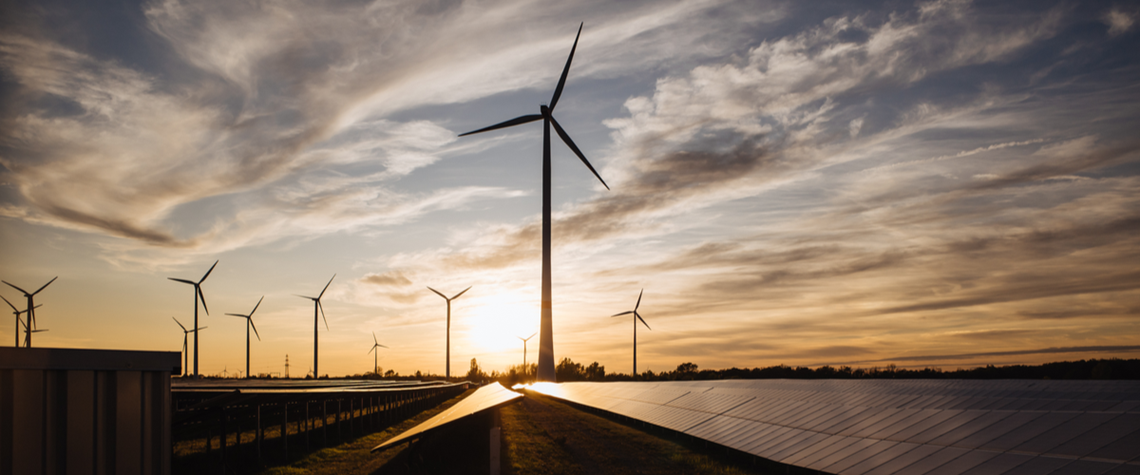Net-zero targets ‘inadequate’ to hit Paris goals – McKinsey
Faster shift away from fossil fuels toward efficiency, electrification and new fuels needed to keep 1.5°C pathway in sight, according to consultancy
Global warming is projected to reach 1.7°C by 2100—exceeding the goals of the Paris Agreement—even if all countries with net-zero commitments deliver on their aspirations, according to modelling in consultancy McKinsey’s Global Energy Perspective. Most major emitters have committed to net-zero goals, but more will need to be done in the near-term if the world is to stay within reach of the 1.5°C pathway laid out in Paris. “To keep the 1.5°C pathway in sight, even more ambitious acceleration is needed,” says Christer Tryggestad, senior partner at McKinsey. This means a faster shift away from fossil fuels toward efficiency, electrification and new fuels over the next few years. The report echo

Also in this section
22 July 2025
Sinopec hosts launch of global sharing platform as Beijing looks to draw on international investors and expertise
22 July 2025
Africa’s most populous nation puts cap-and-trade and voluntary markets at the centre of its emerging strategy to achieve net zero by 2060
17 July 2025
Oil and gas companies will face penalties if they fail to reach the EU’s binding CO₂ injection targets for 2030, but they could also risk building underused and unprofitable CCS infrastructure
9 July 2025
Latin American country plans a cap-and-trade system and supports the scale-up of CCS as it prepares to host COP30








